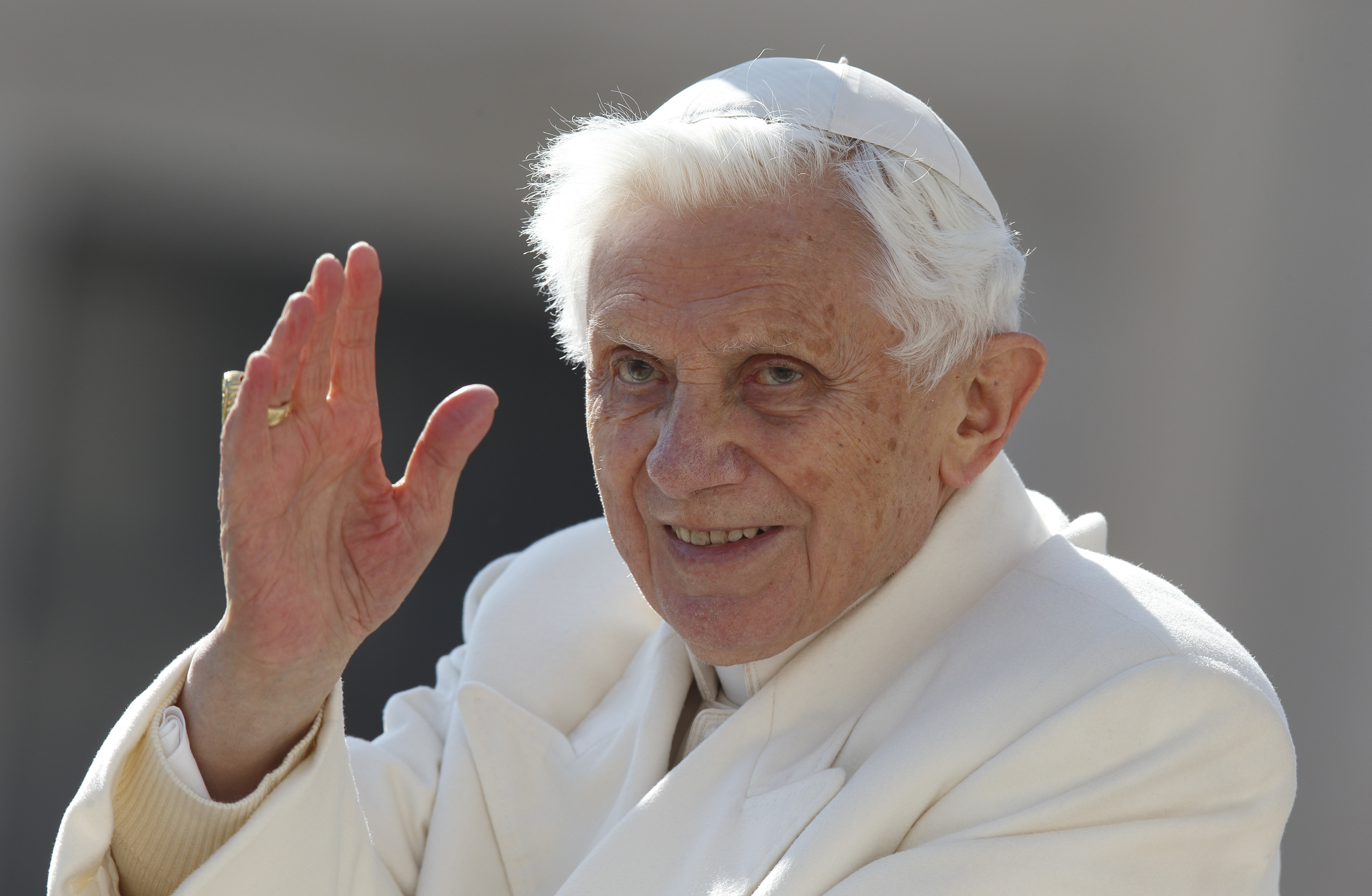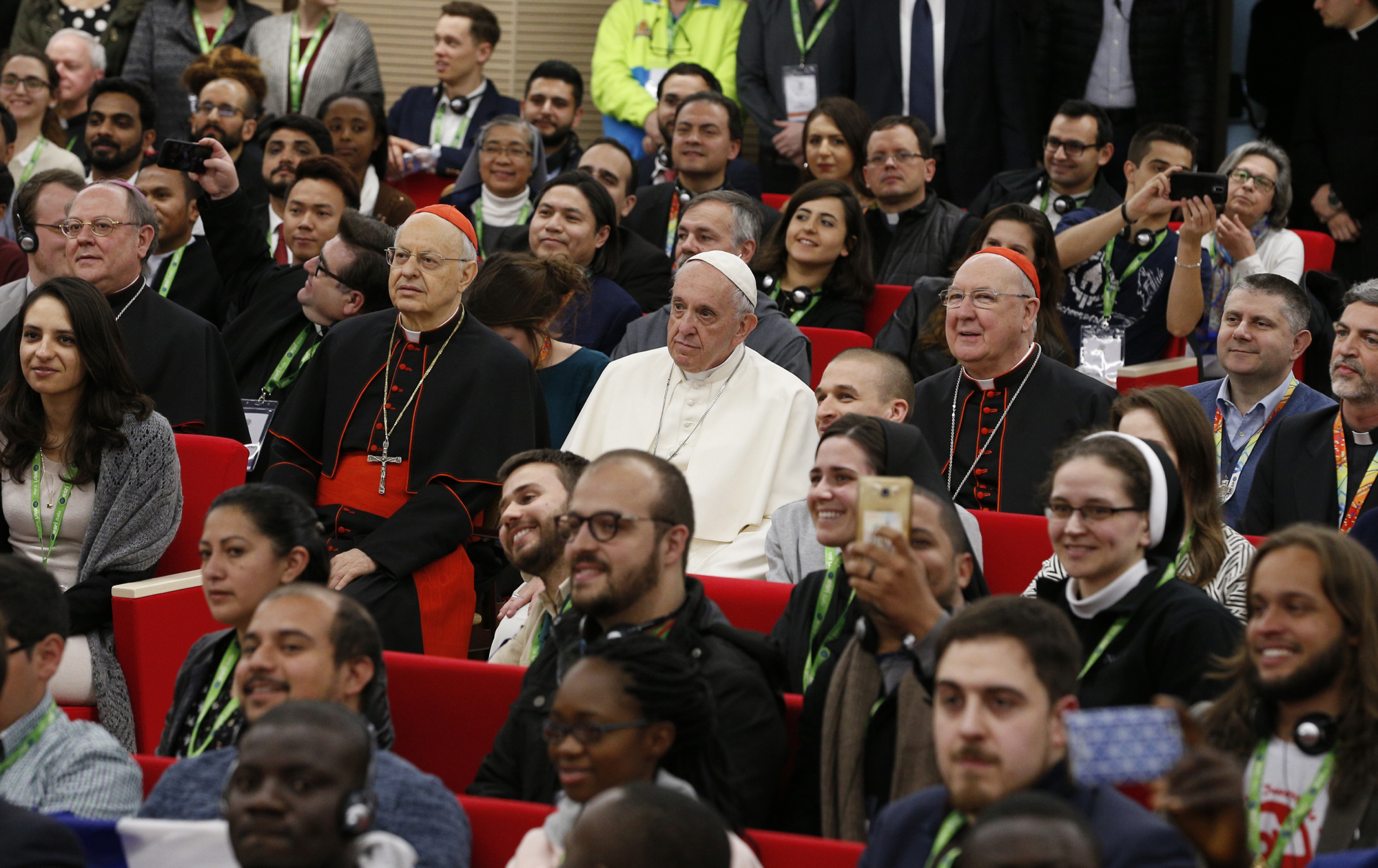The voices of ordinary Catholics are an “indispensable” part of Church governance while canon law should be updated to make it compulsory for parishes to have councils that consult the laity, according to an important theological body which helps establish official Catholic teaching.
“Synodality in the Life of the Church”, published by the International Theological Commission and released on its website on 3 May, has the approval of Pope Francis and aims to flesh out his vision of using synods to address the major questions facing the Church.
One of the most important tasks for the Church, the commission’s document explains, is to consult the faithful as an integral part of what it calls a “synodal Church” prepared to undertake a collective discernment.
“The participation of the lay faithful is essential,” the document states.
“They are the immense majority of the People of God and we have much to learn from their participation in the various expressions of the life and mission of church communities, of popular piety and of general pastoral care, as well as from their specific expertise in various fields of cultural and social life.”
It goes on: “This is why consulting them is indispensable in starting the processes of discernment within the framework of synodal structures. It is therefore necessary to overcome obstacles represented by a lack of formation and recognised forums in which the lay faithful can express themselves and act, and from a clerical mentality that risks keeping them at the margins of ecclesial life.”
Throughout his pontificate, Francis has placed a strong emphasis on the Synod of Bishops as tool of governance calling the world’s hierarchy to Rome to discuss marriage and family life in 2014 and 2015 while this October will see a gathering focussed on young people, faith and vocational discernment. Both synods have included a wide-ranging consultation of lay Catholics beforehand.
More than meetings of bishops, the Latin American Pope wants a “synodal” mentality to take root in the Church in what he has described as a “walking together”. In a speech in October 2015 marking 50 years since the institution of the synod of bishops, Francis called for an “inverted pyramid” Church where people are at the top and served by bishops and priests from below.
The key figure in drafting the latest theological commission document commission is Fr Carlos Galli, an Argentinian priest and theologian who is one of the Pope’s advisers. He is widely considered as one of the theological architects of this papacy who has written extensively on the “Theology of the People”, an Argentinian version of Liberation Theology influenced by Peronism, the political thought of President Juan Peron. That political philosophy puts the needs of people at the centre but with power concentrated in a leader.
The commission’s text states that bishops and priests must “listen attentively” to the wishes of lay people while the whole community is “called to pray, listen, analyse, dialogue, discern and advise in taking pastoral decisions that are more in conformity with the will of God.”
It calls for synod-style structures at every level of the Church: from the Pope consulting cardinals down to parishes having a “pastoral council” to facilitate the lay consultation. While this is currently optional, the documents says it “seems necessary” to revise canon law to make such structures compulsory.
The text also calls for the “ancient ecclesiastical system” to be updated to include “synodal structures” possibly including new ones stressing that a “synodal church” is one where everyone participates and takes a share of responsibility
A significant part of the document explores the history and theology of synods, tracing them back to the first Council of Jerusalem in 50AD and pointing out that Jesus’ disciples who were known as “followers of the way”, underpinning the idea of a pilgrim church whose believers are on a journey until the end of time.
Described as a “constitutive element” of the Church, synods played an important role in the first millennium of Christianity before falling out of use in the Middle Ages. They were revitalised by the Council of Trent and developed thanks to “prophetic voices” such as John Henry Newman which looked at the inclusion of lay people through the “sensus fidelium” (sense of the faithful).
It was the Second Vatican Council, however, that relaunched “synodality” by emphasising the role baptism gave to every member in the Church, and in 1967, two years after the Council finished, Paul VI announced a revitalised synod of bishops.
The commission text stresses the difference between synodality – the Church as one – and collegiality, which refers to the specific governance role assigned to bishops.
It also stresses that a synodal approach involves the experiences of the local Church in communion with and under Rome; with each one needing the other.
PICTURE: Cardinal Lorenzo Baldisseri, secretary-general of the Synod of Bishops, Pope Francis and Cardinal Kevin Farrell, prefect of the Dicastery for Laity, the Family and Life, pose for a photo during a pre-synod gathering of youth delegates in Rome March 19 ©CNS



 Loading ...
Loading ...